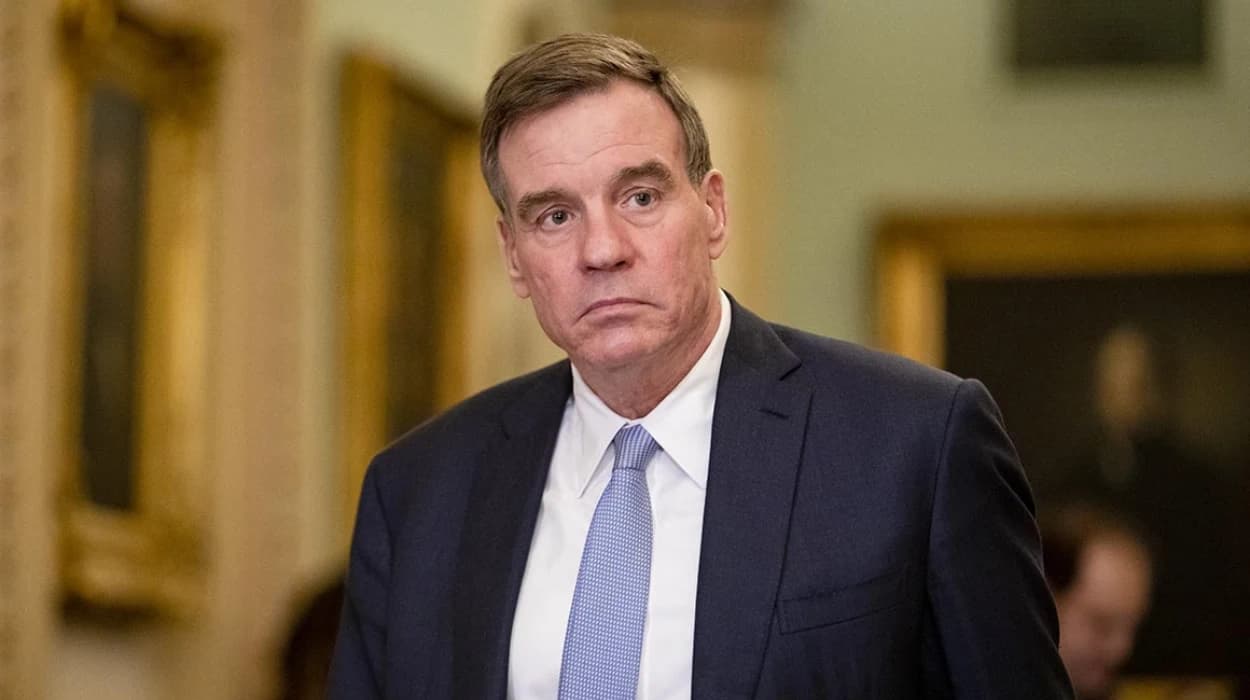Mark Warner is a prominent American politician and businessman known for his long tenure as a senior United States Senator from Virginia and his prior role as Governor of Virginia. Beyond his political influence, Warner is recognized for his substantial wealth, making him one of the wealthiest members of the U.S. Congress. This article explores Warner’s net worth, the sources of his wealth, his career trajectory, and his standing among America’s richest politicians. The detailed insights are helpful for understanding how political careers intersect with personal financial success.
Overview of Political Career and Influence
Warner has served as Virginia’s governor and U.S. Senator, gaining recognition for bipartisan cooperation and centrist policies. His roles on committees such as the Senate Intelligence Committee and work on financial regulation highlight his influence on national policy. This section could explore how his wealth enables effective campaigning and policy advocacy.
Early Life and Business Career
Born on December 15, 1954, in Indianapolis, Indiana, Mark Robert Warner’s early formative years were marked by academic excellence, culminating in his graduating summa cum laude from George Washington University and earning a Juris Doctor from Harvard Law School. Before fully entering politics, Warner made his mark in the telecommunications industry. He founded Columbia Capital, a venture capital firm focused on technology investments, and co-founded Capital Cellular Corporation. These ventures were highly successful, enabling Warner to accumulate significant personal wealth, estimated to be over $250 million as of 2025.
Political Career and Public Service
Warner’s political journey includes serving as the 69th Governor of Virginia (2002–2006) and a U.S. Senator since 2009. His governance earned praise for fiscal responsibility and educational reforms, while his Senate career is distinguished by influential committee roles, including Vice Chair of the Senate Intelligence Committee. Despite his political obligations, Warner has maintained a strong business presence, further enhancing his financial standing.
Early Business Ventures and Telecommunications Success
Mark Warner’s entry into wealth accumulation began with his involvement in the burgeoning telecommunications industry during the 1980s. As a co-founder of Capital Cellular Corporation and founder of Columbia Capital, Warner made early investments in wireless technology companies. These enterprises flourished, positioning him as a key player in the telecommunications sector and establishing the foundation for his substantial net worth.
Transition from Business to Politics
While Warner’s initial success was in the private sector, he transitioned into politics with a focus on public service and governance. His business acumen informed his political style, emphasizing fiscal responsibility, economic development, and strategic investments during his governorship of Virginia. This period also increased his public profile, setting the stage for his later Senate career.
Detailed Analysis of Warner’s Investment Portfolio
Warner’s wealth is diversified across public equities, venture capital holdings, and private investments. A discussion on the composition of his portfolio provides insight into the sources of his net worth and his financial strategies outside of politics. Highlight key sectors or companies where he holds significant stakes.
Philanthropic Undertakings and Public Commitments
Warner has contributed to various charitable causes and initiatives supporting education, healthcare, and community development. This section underscores his use of wealth beyond personal gain, reflecting his commitment to social responsibility.
Comparison with Other Wealthy Politicians
Placing Warner’s net worth in context with other wealthy members of Congress and national figures illustrates the financial landscape of American politics. Comparison helps demonstrate where Warner stands in relation to his peers in terms of wealth and influence.
Recurring Controversies and Public Perception
Despite his success, Warner’s wealth and business ties have prompted scrutiny and debate. Discuss any notable controversies or public opinions regarding how his financial background impacts his political decisions, and how he addresses such challenges.
Impact on Political Fundraising and Campaigns
Warner’s financial resources have supported extensive fundraising efforts, bolstering his election campaigns and those of Democratic candidates. This section could explore how net worth influences political capital and campaign efficacy.
Estimation of Net Worth
According to multiple financial disclosure sources and estimates by financial analysts such as Quiver Quantitative and OpenSecrets, Mark Warner’s net worth is approximately between $240 million and $250 million in 2025. This wealth places him consistently among the top five richest members of Congress, and as the wealthiest Democrat currently serving. Much of Warner’s portfolio consists of publicly traded assets in technology and telecommunications firms, supplemented by private equity and other investments.
Wealth Growth and Influence
Warner’s net worth has fluctuated with market dynamics but generally shows a trend of growth due to stock holdings and successful investments. His ability to blend politics with entrepreneurship has allowed him to maintain financial independence. Warner also discloses large amounts of campaign fundraising and spending, reflecting his active role in political financing.
Comparison with Other Members of Congress
Among U.S. Senators and Representatives, Warner ranks prominently in terms of wealth. Many members of Congress are millionaires; however, Warner’s multimillion-dollar net worth stands out. His financial standing provides him leverage in policymaking, fundraising, and bipartisan initiatives.
Contribution to National and State Policy
Beyond wealth, Warner is valued for his centrist positions and efforts to develop bipartisan legislation, particularly in financial regulation, healthcare, and technology sectors. His leadership extends beyond the Capitol, influencing economic and social policy alignment with his business insights.
Mark Warner’s net worth, estimated around $240 to $250 million, reflects a successful career blending business acumen with public service. His wealth ranks him among the richest U.S. politicians, while his political roles underscore his impact on national governance. Understanding Warner’s financial profile offers perspectives on the intersection of wealth, politics, and influence in modern American government.

